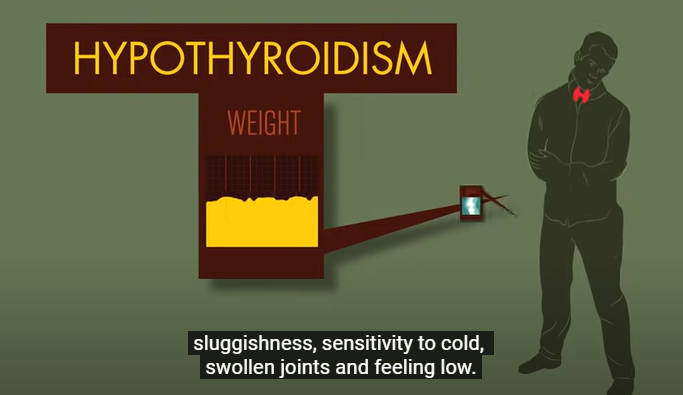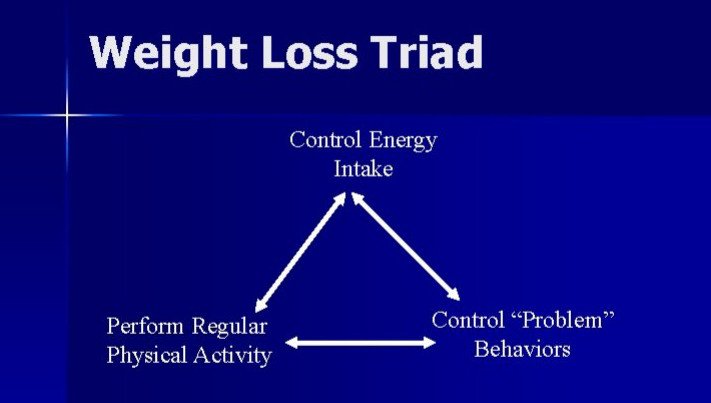Intermittent Fasting – New Normal in 2024
Transitioning from a regular diet to intermittent fasting is a big deal. This metabolic switch is extremely good for the entire body. For example, fasting lowers blood sugar levels. It also promotes the regeneration of cells. When intermittent fasting is done properly, it is a real game-changer. On the other hand, fasting is not meant for everyone. Meanwhile, join me for a dive into the world of intermittent fasting. 
Intermittent Fasting Takes Preparation
Are you interested in incorporating a new form of weight loss into your life? If so, you are in the right place at the right time. To begin intermittent fasting you must prepare yourself mentally as well as physically. After all, you are about to enter uncharted territory. Once you start IF you are commited, you will learn all the basic principles involved in this lifestyle. 
Intermittent Baseline
To get the maximum benefit of this approach, establish a baseline for when you eat and when you fast. Get in the know. Do your research. For example, for beginners, there are two preferred schedules for fasting:
- The 16:8 approach
- For starters: 5:2 approach
Schedule Your Fasting Hours
Start by fasting for specific hours every day. As an example, in the first 8 hours you will eat regular meals. You have a normal breakfast, lunch and dinner. Begin at 7 a.m. up to 3 p.m. Do not eat anything after 3 p.m. You will then fast for the following 16 hours, from 3 p.m. to 7 a.m. Pretty simple. However, you can have a smaller window. Start your first meal of the day at 12 noon. Next, start your fast from 12 midnight to 12 noon. There is also a third method; the 5:2 approach.
The 16:8 Approach
Next, the practice of 16:8 intermittent fasting involves limiting your food and drink intake to a set window of 8 hours a day. You abstain from the remaining 16 hours, but you are allowed to have water and unsweetened coffee or tea. All of these methods are effective for beginner intermittent fasting. In summary, you not only burn body fat, but you also gain other health benefits.
Common Benefits of Intermittent Fasting
- Better Cardiovascular
- Improved Cognitive Health
- Improves weight loss and fat loss
- Positive Effects of Gut Biome
Autophagy Detoxes the Body
Autophagy is the stage of fasting and ketosis in which the body essentially repairs itself. While in Autophagy, your body detoxes itself, purging excessive stress hormone levels, damaged cells, and unhealthy tissue. Rejuvenating your entire system on a molecular level.
After being in a calorie deficit for many hours, your metabolism has the opportunity to start the autophagy process and heal itself from the inside out. Autophagy recycles the cells that help in the reduction of inflammation in the body. This process reduces diseases in the body.
Fasting Turns Fat into Energy
According to some researchers, fasting for 10-12 hours every day causes the body to turn its fat into energy. In fact, fasting releases ketones into the bloodstream. This initiates weight loss.
What Happens During a 16-Hour Fast?
Researchers found that fasting for 16 hours is beneficial so long as you do not have comorbidities. If planned well, a fast provides many long-lasting health benefits. Although it will be challenging to a first-time faster, in the long run it is one of the easiest diets to follow. During a fast, your body will undergo changes that will include: 
- Hunger and fatigue due to low energy from glucose
- Glucogenesis, a process where glucose is generated from fat stored in the body
- During initial stages of fasting, you feel hungry at usual times of your meals, as your brain is conditioned in this way
- Gradually your body adapts, and the hunger levels decrease
- A healthy meal after fasting increases insulin sensitivity
- Insulin sensitivity helps in fat loss, protects the body from diseases such as diabetes, high blood pressure and heart disease
- During autophagy. Cells are replaced and recycled, reducing inflammation in the body
- Autophagy improves the health of the skin, prevents wrinkles, aging and acne
- Improves immune system
- Slows down the process of aging
- Increase production of new brain cells, improves memory, mood and focus
Fasting Increases Proteins in the Brain
Intermittent fasting increases certain proteins in the brain. These proteins are known as Brain-Derived Neurotropic Factor BDNF helps the brain to adapt and withstand stress. They also increase the production of brain cells.
According to National Institutes of Health, fasting reduces the development of Alzheimer’s and Parkinson’s disease. It is a protective measure against the damage of stroke. There you have it. Intermittent fasting has a plethora of many qualities.
What is Required Before Taking the Plunge?
Intermittent fasting is not for the faint of heart. There are guidelines to follow. Before you submit to a plan of action, make sure you prepare, mentally and physically. Here is a brief checklist to follow: 
- Keep fridge full of healthy foods and snacks
- Dine with like-minded fasters
- Only eat when you are hungry
- Control portion sizes
- Menstrual cycles
- Know your limit food intake and beverages
- Abstain from food remaining hours.
- Only drink coffee or tea
- For 12-hour fast include your 8 hours of sleep
- For example, you fast from 7 pm to 7 am.
- Join a Fasting Community
Fasting Regenerates Nerve Damage
Neurologists have found that there is currently no treatment for people with nerve damage. However, intermittent fasting is another Options outside of surgical reconstruction. Fasting wards off infection and lower risks of cancer and other metabolic diseases.
It also extends your life. In fact, a recent study revealed that IF could heal damaged nerves.
While fasting, the body goes through metabolic changes. For example, during a fast, the gut produces a powerful antioxidant used in treatment of fatal bacterial infections. These are the extra benefits you get during intermittent fasting.
Final Thoughts
Before beginning any fasting program, you should know what you’re getting into. You should also be prepared, both mentally and physically. Your body will go through a lot of changes. On the Also note that there are many health benefits related to IF. For example, you will not only lose fat, but your body is also protected from chronic disease of different kind.
Rachele, Founder
mybluegenes.com
DM: rachele@mybluegenes.com






Very good article on intermittent fasting, and a very informative website, overall! I am bookmarking you.
Hi there, Craig
Thank for your encouraging comments.
Intermittent fasting can be helpful when it is done in the right way.
However, there are many ways to take off pounds.
Rachele
Can you be more specific about the content of your article? After reading it, I still have some doubts. Hope you can help me.
Thanks for letting me know that you are inrerested in intermittent fasing.
I should have more info added by January 2025. I am going through to update
my content, for sure.
Rachele
Your article helped me a lot, is there any more related content? Thanks! https://www.binance.com/ro/register?ref=V3MG69RO
Here is a link: https://fasting.omo-app.io/start_age_over_b/?branch-name=fasting&test-name=go2run&utm_source=bing&utm_medium=cpc&campaign_id=485176266&adgroup_id=1232553590279927&ad_id=77034731975577&utm_term=intermittent%20fasting%20benefits&matchtype=e&msclkid=f1f34ce54f84100a7f672bba1ddd7af5&utm_campaign=3733_OMw-UA_US_tCPA-conv_Search_Exact_1704-generic-fasting_all_wo__fasting-go2run_Web_as_03.10.23&utm_content=intermittent-fasting-wl_fasting-go2run_04.10.23
Thanks for sharing. I read many of your blog posts, cool, your blog is very good.
I don’t think the title of your article matches the content lol. Just kidding, mainly because I had some doubts after reading the article.
By the way,
Intermittent fasting is very popular and it is a new normal for many people including myself. I am doing a 16 hour fast. I have a healthy breakfast at 8 a.m. I have lunch at noon and then I have a well-balanced meal at 5 pm. I fast until 8 a.m. Then I rinse and repeat each day. So, far so good. My daughter is also doint intermittent fasting as well.
Racheke
Great.
Have a wonderful week.
Rachele